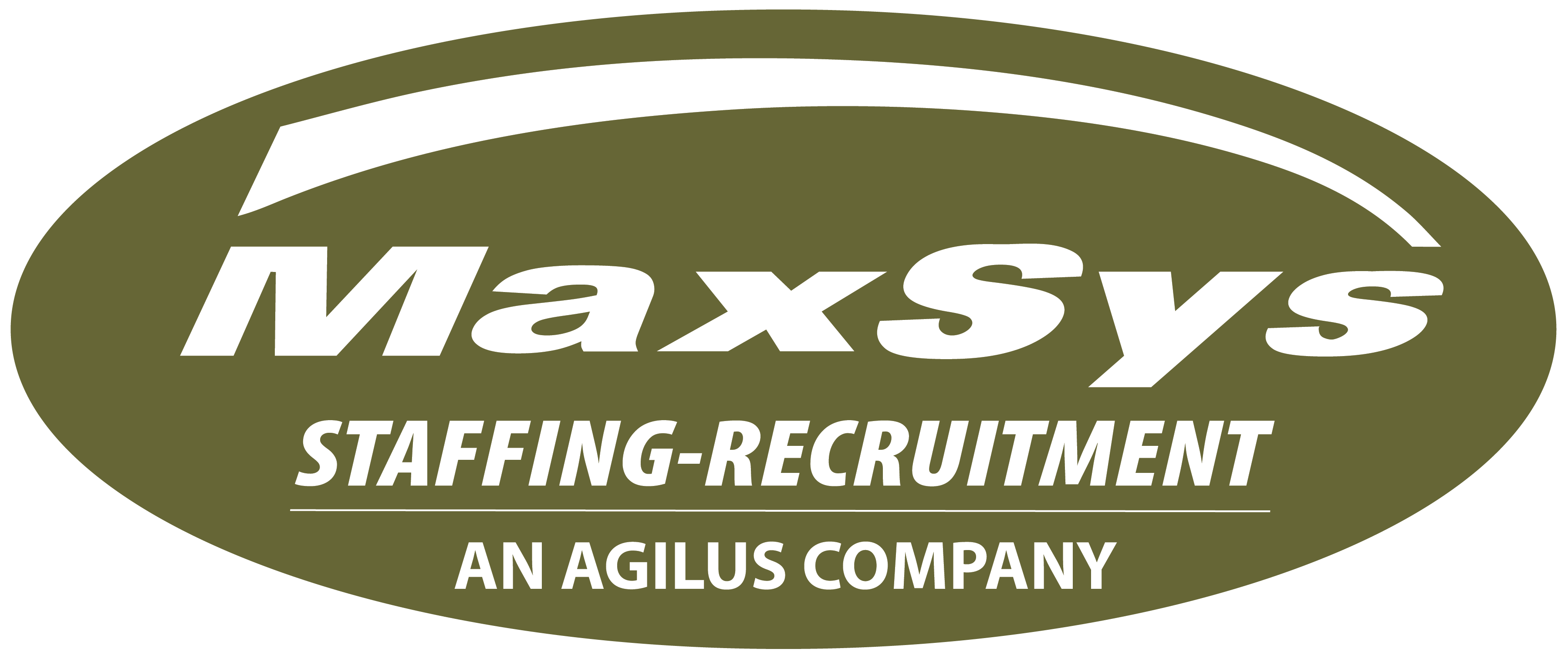May 11, 2020
Be a Leader! …not just a manager.
Leadership is a serious responsibility and if you don’t have the executive presence and other intangibles to manage the spotlight, or the time to understand the people that you serve and the ability to balance and prioritize multiple agendas, your tenure will be short-lived. To keep your leaders and yourself in check, here are seven things you should expect from leadership.
1. An Identity You Can Count On
Leaders without an original identity don’t have enough self-awareness and self-trust and thus lack the required emotional intelligence to connect with their employees in meaningful and purposeful ways. Employees gravitate towards leaders that have an identity they can count on – because they know what to expect from them and the performance that is expected of them.
2. Sense of Urgency
Leaders must have a sense of urgency to assure their vision stays ahead of marketplace demands. Don’t confuse having a sense of urgency with the need to keep the team busy. Sense of urgency is about leveraging and activating the full potential of employees to assure that objectives, strategies and tactics are constantly moving forward with steady speed in execution. A sense of urgency promotes an environment of continuous learning that demands excellence and that requires employees to embrace an entrepreneurial attitude.
3. Increased Collaboration
Great leaders know that their success is highly dependent upon others. They know they must always improve their ability to mentor, inspire and motivate their direct reports and promote teamwork within their organization. Collaboration is recognizing that leadership success comes most to those who are surrounded by people who want their success to continue. It is through increased collaboration that leaders get the opportunity to know and engage with their employees well enough to detect and enable their talent potential.
4. Thought Leadership
A thought leader is a person who identifies trends, common themes and patterns within a particular industry or functional area of expertise to help others in turn identify new opportunities or solutions for growth. To be a thought leader you must be original in the ways you think and express a point of view that others will be interested in enough to want to read or listen to. Much has been said about the digital age – that it has made it easier for people not to think for themselves. All leaders should be forward-thinking and establish their own methodology/ways of thinking to give them the distinction to stand out from the crowd and enable the success of others along the way.
5. Touch the Business
Leaders regardless of hierarchy or rank must be accountable to touch the business just as much as they lead it. They need to view their departments and/or functional areas like a small business that is constantly looking for creative, resourceful and cost efficient ways to grow and compete profitably. This requires leaders to touch the business enough to know how to optimally manage their time, their budgets and talent requirements. When they can do this, leaders are better able to anticipate crisis and manage change before circumstances force their hand.
6. Passionate Explorers of New Possibilities
Leaders need to unleash their passionate pursuit of excellence in order to challenge the status quo and seize previously unseen opportunities to build sustainable momentum in the workplace. The passionate worker is more likely to outperform those who are not. When leaders don’t act on a strategy that matters to their business, they are being irresponsible to the people, organization and industry they serve. Many times leaders take the easy way out rather than having the courage to put their ideas and ideals to the test.
When leaders are not exploring, they are playing it safe and over time becoming complacent in their leadership role – which sends the wrong signal to those they are leading. When a leader explores they challenge everyone on the team to get out of their comfort zones and step up their games.
7. Executive Presence
I’ve seen too many leaders who continue to act like managers only – and in today’s short-term, rapid-paced trust-demanding world of work – this behavior is unacceptable. Executive presence is mastered over time. It requires self-trust, confidence, self-awareness and the ability to navigate the needs of other people. Executive presence is about being a good listener and the ability to quickly connect the patterns of conversation in order to detect one’s personal interests, leadership style and business needs. It is the executive presence of a leader that allows them to seamlessly deliver points 1 – 6.
HR Magazine, Forbes, Wikipedia


